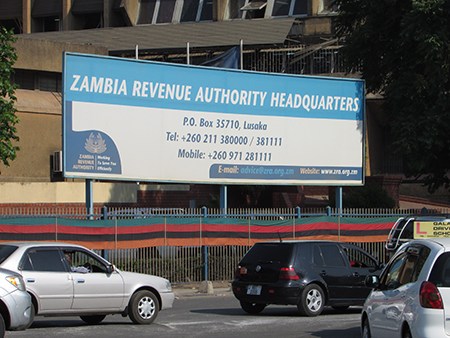• This follows numerous consumer complaints to the effect that retailers do not give consumers small change after transacting.
• The Commission has issued a Call for Comments.
• Retail sector should make submissions to the Commission on the practice of non-issuance of small change to customers.
Competition and Consumer Protection Commission (CCPC) says it has started reviewing the reported non-issuance of small currency denominations to customers by some retail outlets in the country.
Commission Executive Director Brian Lingela said this follows numerous consumer complaints received by CCPC to the effect that retailers do not give consumers small change after transacting.
Mr. Lingela stated that the Commission has since commenced engagements with the retail sector to make submissions on this general practice towards the successful completion of the review.
“In this regard, the Commission has issued a Call for Comments pursuant to Sections 5(d) and 85 of the Competition and Consumer Protection Act No. 24 of 2010 (“the Act”), Mr. Lingela said.
He added that while the private sector is at liberty to set prices and pursue pricing strategies based on their commercial considerations, the Act prohibits trade practices that are determined to be unfair and detrimental to consumers.
Mr. Lingela stated that these provisions are designed to protect public interest in case of market failure and unconscionable conduct.
“While the psychological pricing strategy is one of the most adopted pricing strategies in the retail sector, particularly in the Fast-Moving Consumer Goods (FMCG) sub-sector, this strategy is still expected to take cognizance of the existing country realities such as the availability of denominated coins or dispensable small change.”
“Consumers exercise purchasing decisions on the belief that the difference between the product price and the amount tendered would be returned as change regardless of the amount. By adopting certain pricing strategies, retailers equally impliedly commit to providing change regardless of the amount to consumers,” he stated.
Mr. Lingela further said the Commission understands that the current set of denominations and coins only support a specific type of pricing such as those denominated in 10N and 5N, which include prices that end with a 5N such as K99.95 or those with a 10N such as K99.90.
“With inflation having a bearing on this, lower-value coins such as 5N and 10N coins tend to lose value in the eyes of the public. Additionally, the public tends to hold on to these coins out of circulation,” Mr. Lingela noted.
He called on the retail sector and other interested stakeholders to make submissions to the Commission on the practice of non-issuance of small change to consumers.
“Where it will be established that such a practice constitutes a violation of the Act, the Commission will issue an Advisory Note indicating the grace period required to wind up this conduct, after which enforcement of the provisions of the law will be effected,” he added.
Currently, Zambia has six banknotes and four coins in circulation and these are K100, K50, K20, K10, K5, K2, K1, 50N, 10N, and 5N coins.







